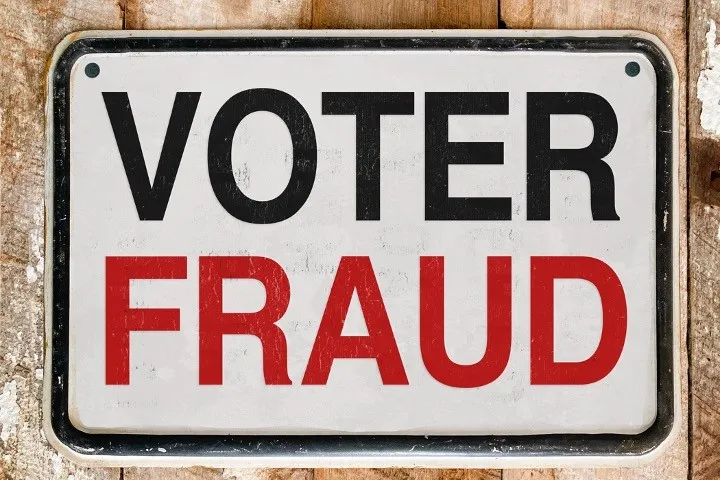(The New American) Audio recordings from a 1977 interview detailing how the late President Lyndon Johnson stole the 1948 Senate contest in Texas were posted this week on the archival website of the LBJ Presidential Library and Museum on the campus of the University of Texas at Austin.
The story is told that a few days after Johnson’s “victory” in the Democratic primary in the 1948 Texas Senate race (at that time the Democratic primary in the Lone Star State was considered “tantamount” to election), a man noticed a 15-year-old boy sitting on a street corner in Alice, Texas, crying uncontrollably. “What’s wrong?” the man asked, leaning down to the distraught teen.
“My daddy was in town on Tuesday, but he did not come by and see me,” the boy said, wiping away tears.
“But your daddy’s been dead for ten years,” the bewildered man replied.
“Yes,” said the boy, “he voted for Lyndon Johnson on Tuesday, but he did not come by and see me.”
The story illustrates what was suspected for years, and has since been confirmed — Lyndon Johnson stole the 1948 Senate election in Texas, which put him on the path to the post of Senate Majority Leader, followed by the office of vice president, and finally, upon the assassination of President John Kennedy in 1963, into the White House itself.
In 1977, James Mangan, a reporter for the Associated Press (AP), conducted a series of interviews touching on the allegations of the 1948 steal, including an interview with a South Texas election judge, Luis Salas, who told Mangan, “Johnson did not win that election; It was stolen for him. And I know exactly how it was done.”
After Mangan died in 2015, family members found the cassette tapes at his home in San Antonio and decided they were of such historical value that they needed to be donated to the LBJ Library in Austin.
When the polls closed in the hotly contested race between Johnson and Texas Governor Coke Stevenson in 1948, it appeared that Johnson’s political career was essentially over. He had lost a previous race for the Senate in 1941, and this second loss probably meant that Johnson would be a mere footnote to history. In the days following the election, however, it was announced that some uncounted votes had been found in a ballot box, known as Box 13, which, amazingly enough, were all for Johnson, except for two votes, enough to swing the election from Stevenson to Johnson by a margin of only 87 votes — out of over one million cast.
Mark Lawrence, the director of the LBJ Library, said that later research conducted by Robert Caro, who wrote a multi-volume biography of Johnson, including The Path to Power, “essentially reaffirmed” Mangan’s 1977 story and built on it.






